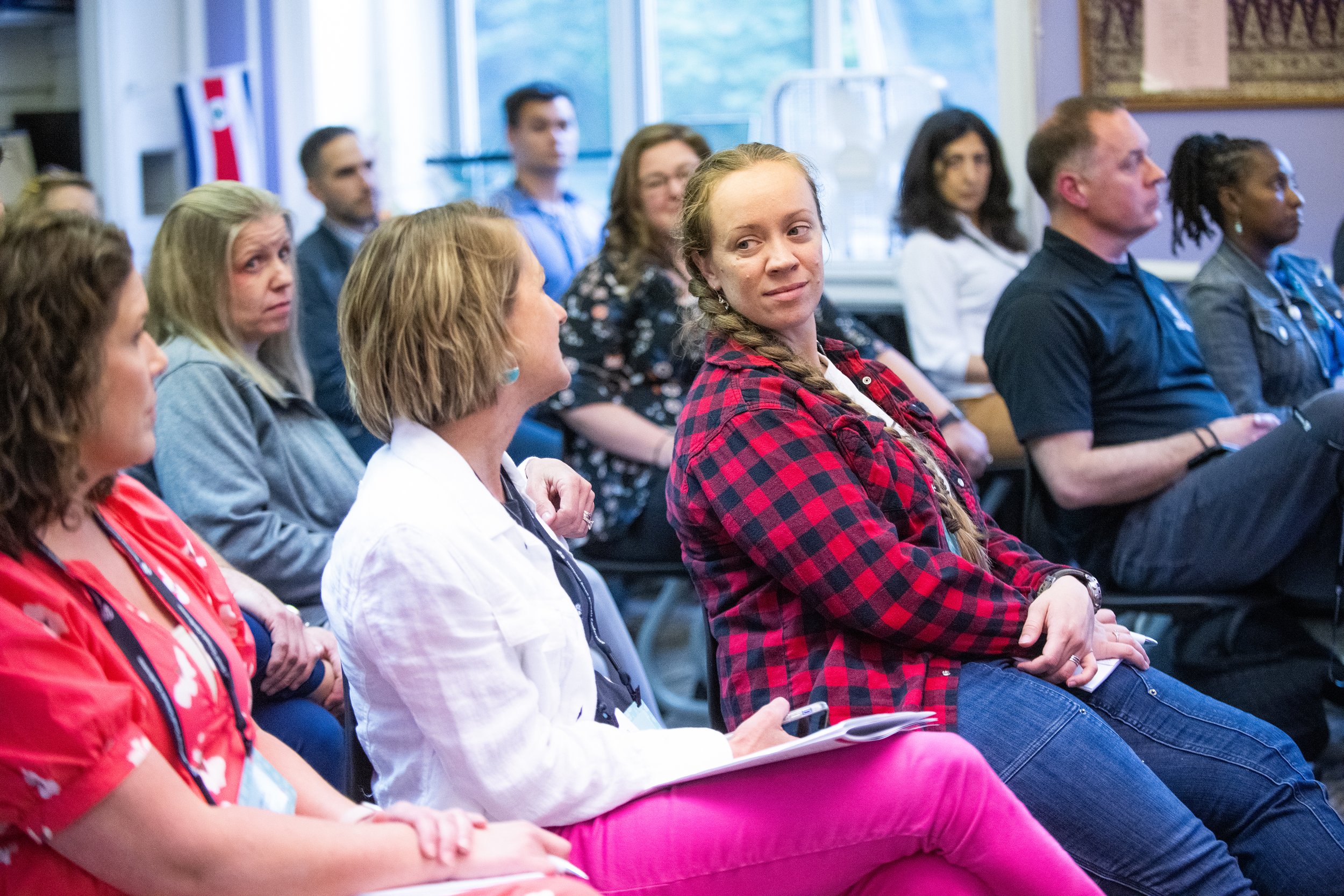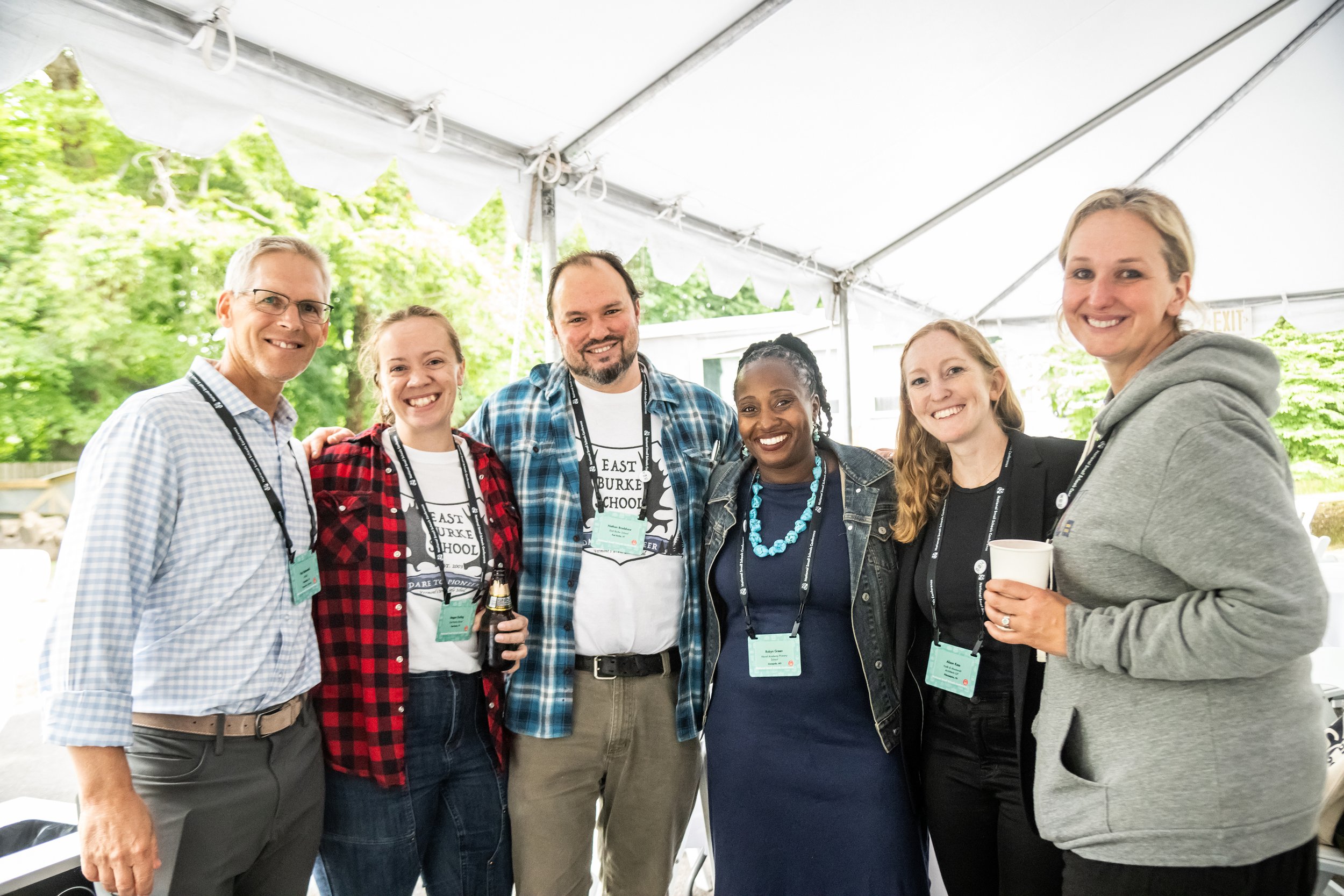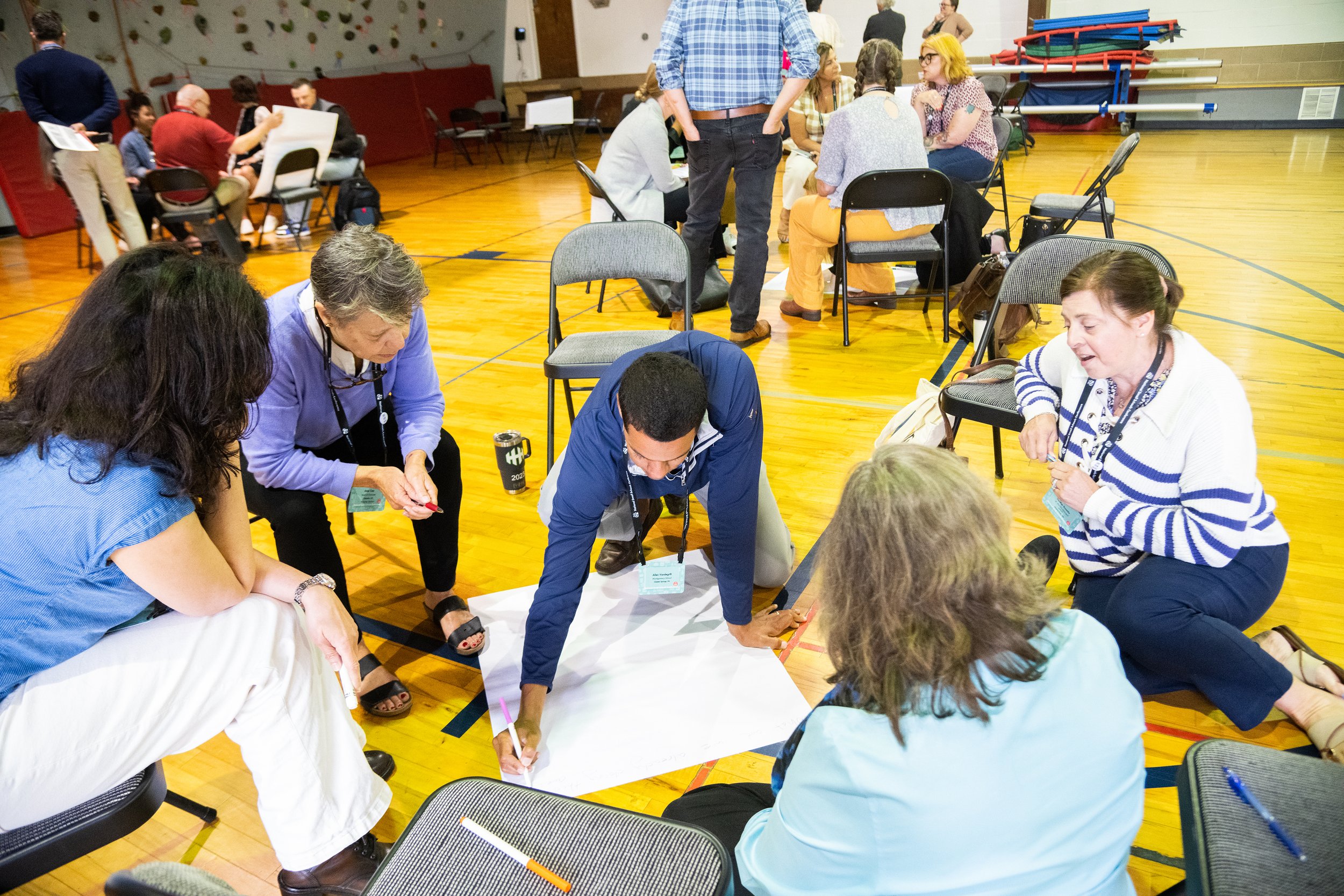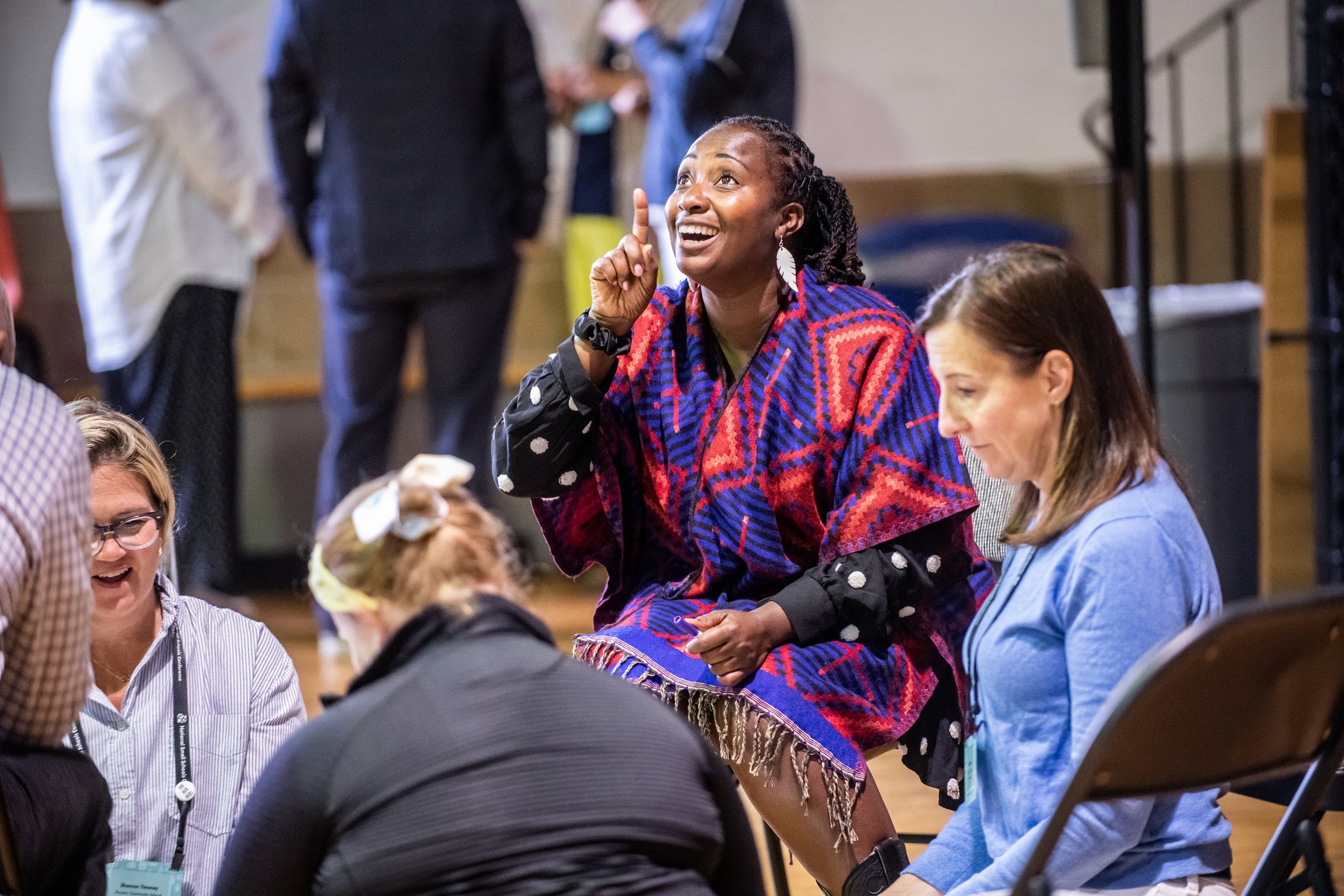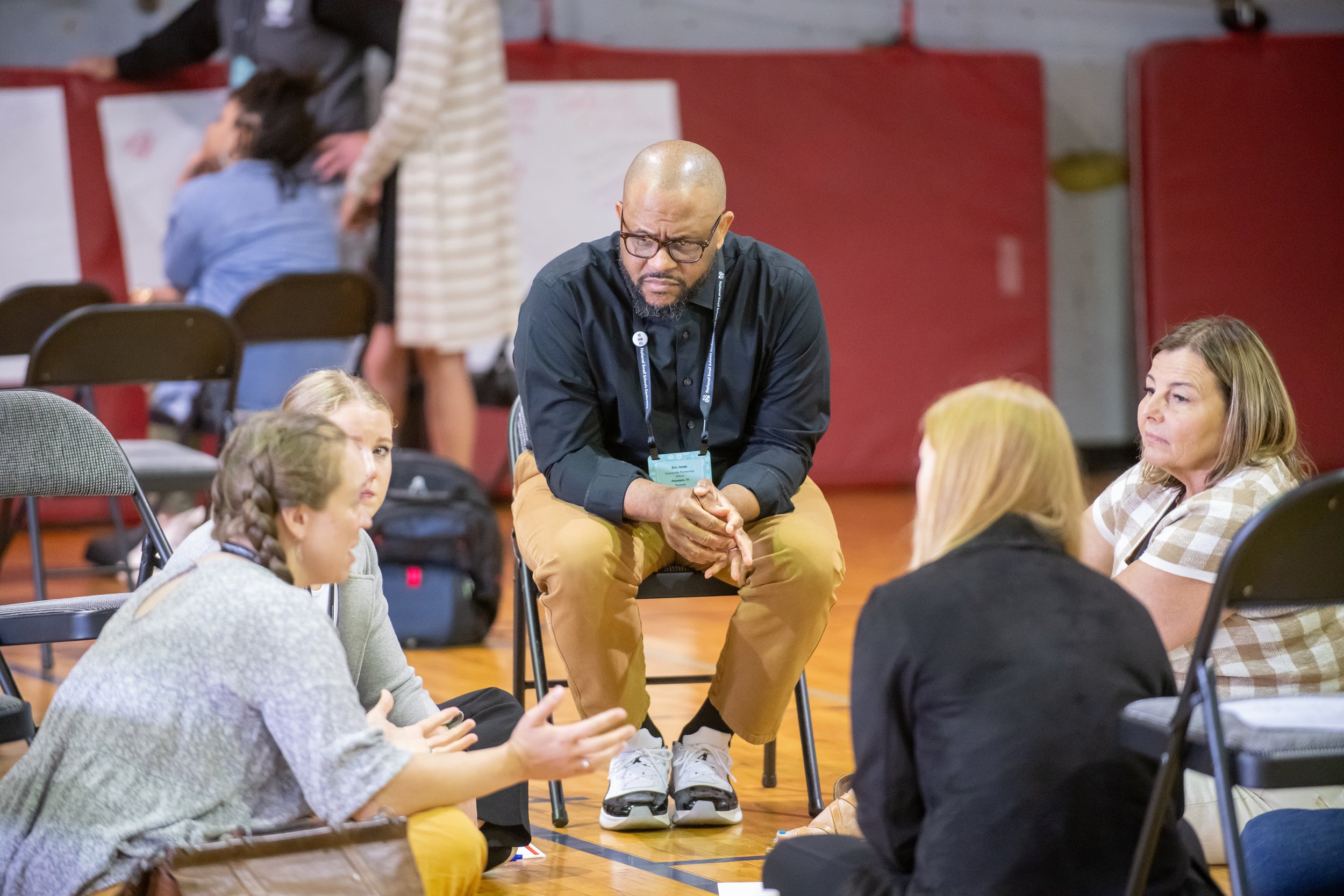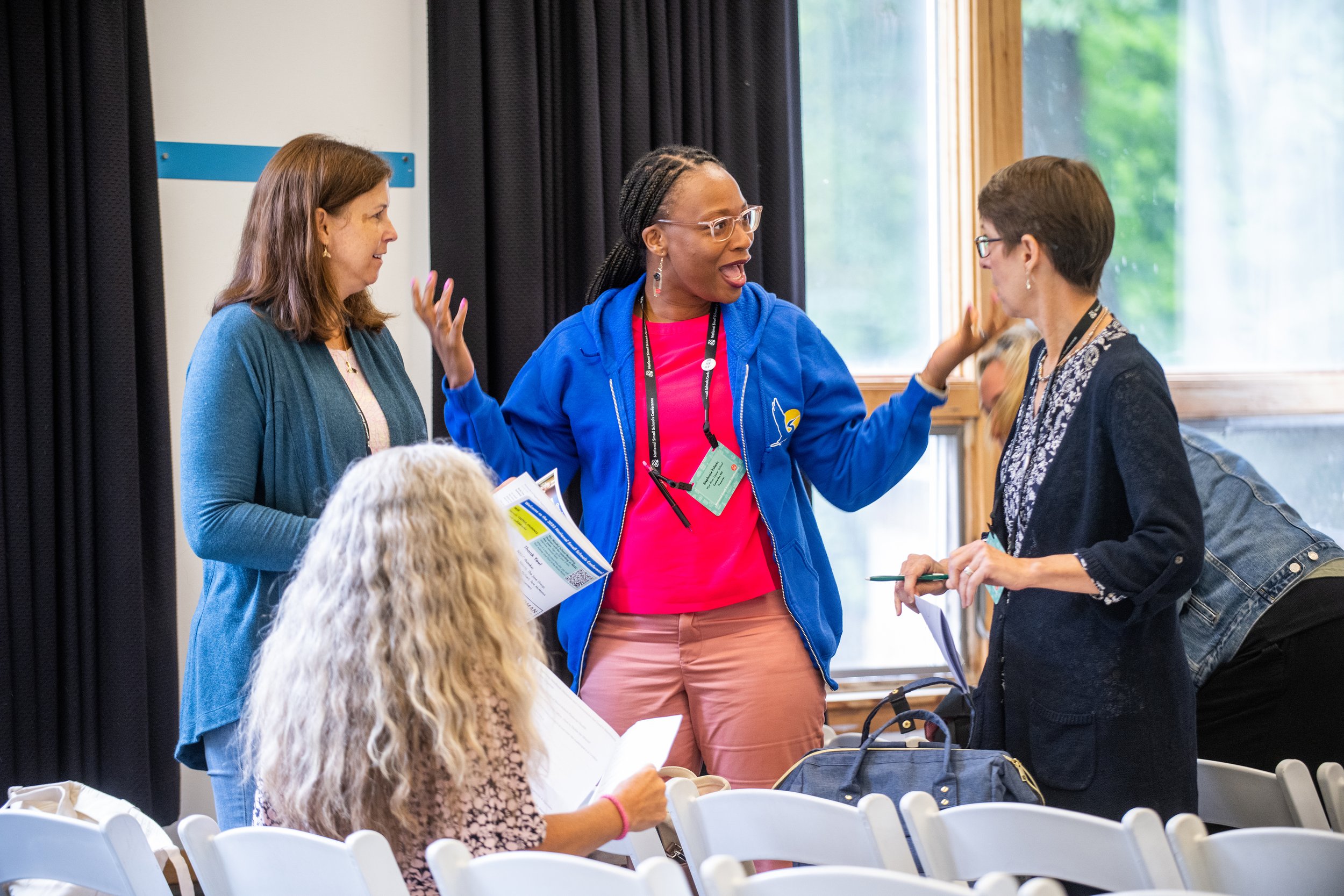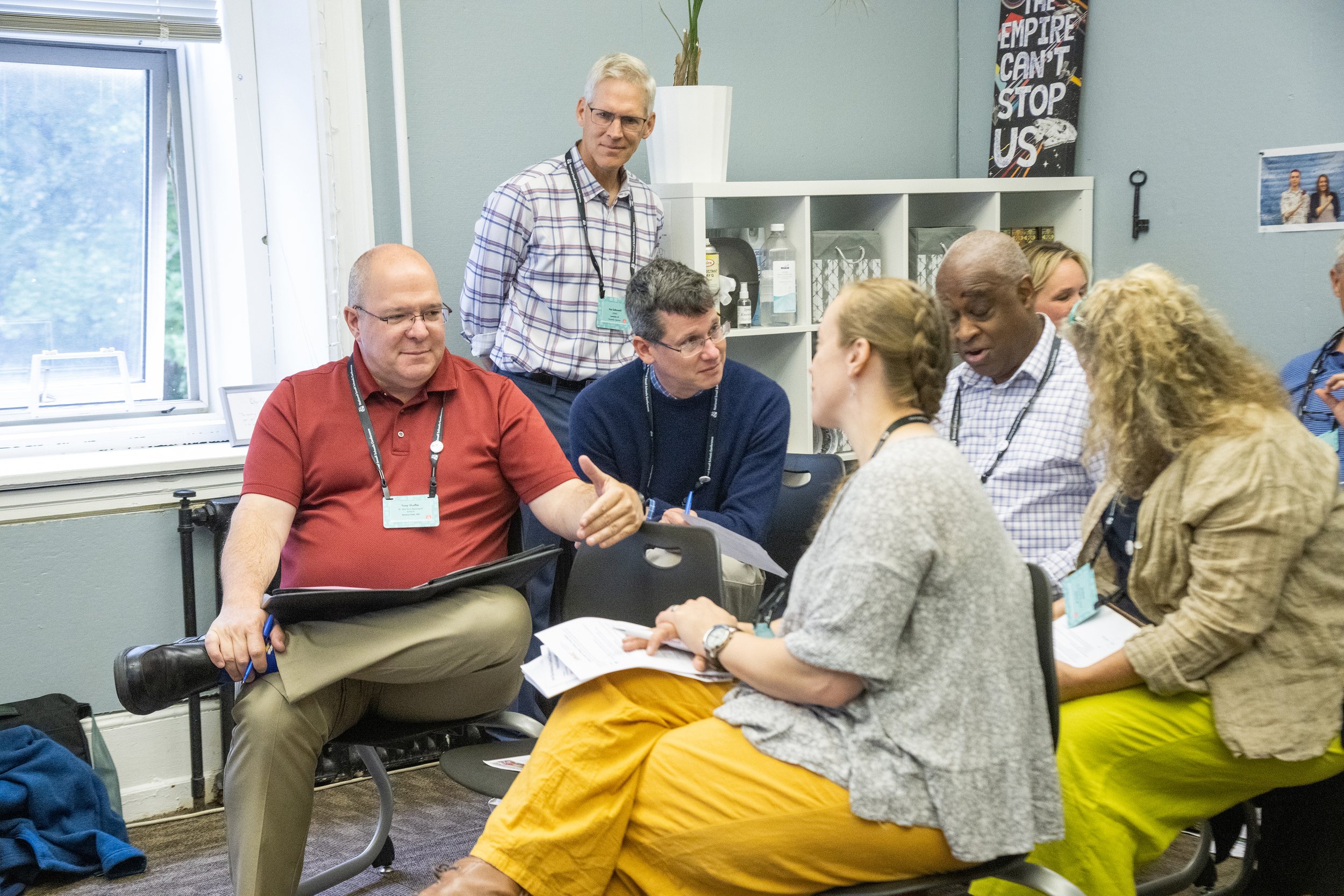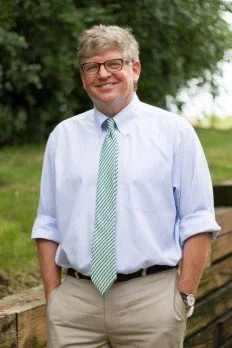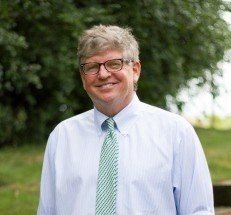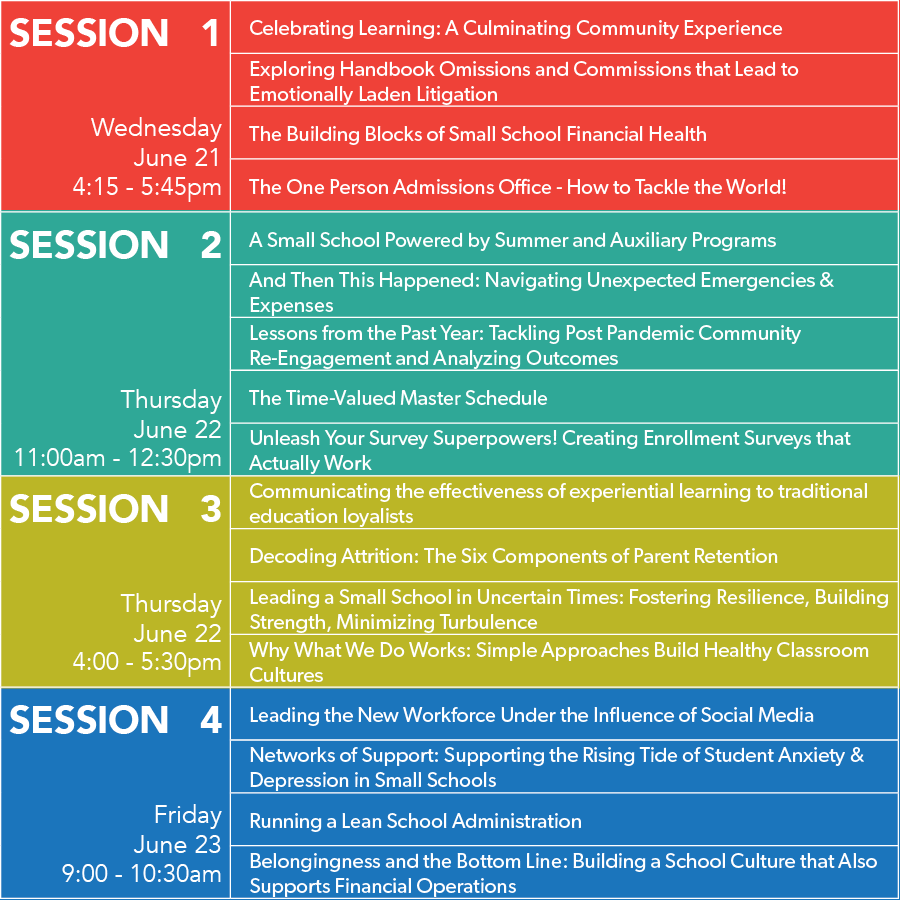2023 Keynote Speakers
Our Keynotes Speakers are made possible through the generous support of our Keynote Sponsors :
Advancement Connections, Jill Goodman Consulting, Heart of Character, Enquiry Tracker, SPARC Summer Programs, Leapfrog Group, & Truth Tree.
Learn more about our Keynote Sponsors HERE.
MirnA VALERIO
AKA, THE MIRNAVATOR!
The Crefeld School's mission is to graduate self-aware, empathetic, lifelong learners, who possess an appreciation for diverse perspectives, their role in society, and their ability to act as agents of change. Serving students in grades 7 through 12 in a gender inclusive setting, Crefeld provides an intentionally different college preparatory program to help students become their best selves.
Located in the beautiful Chestnut Hill neighborhood of Philadelphia, Crefeld's campus is conveniently located just blocks from a picturesque, robust shopping and dining area, as well as two train lines that connect visitors directly to Center City (downtown) Philadelphia and the Philadelphia International Airport (PHL).
We recommend out of town guests book accommodations at the Chestnut Hill Hotel, within walking distance of The Crefeld School, or seek out one of the many Airbnb rentals available in the neighborhood.



